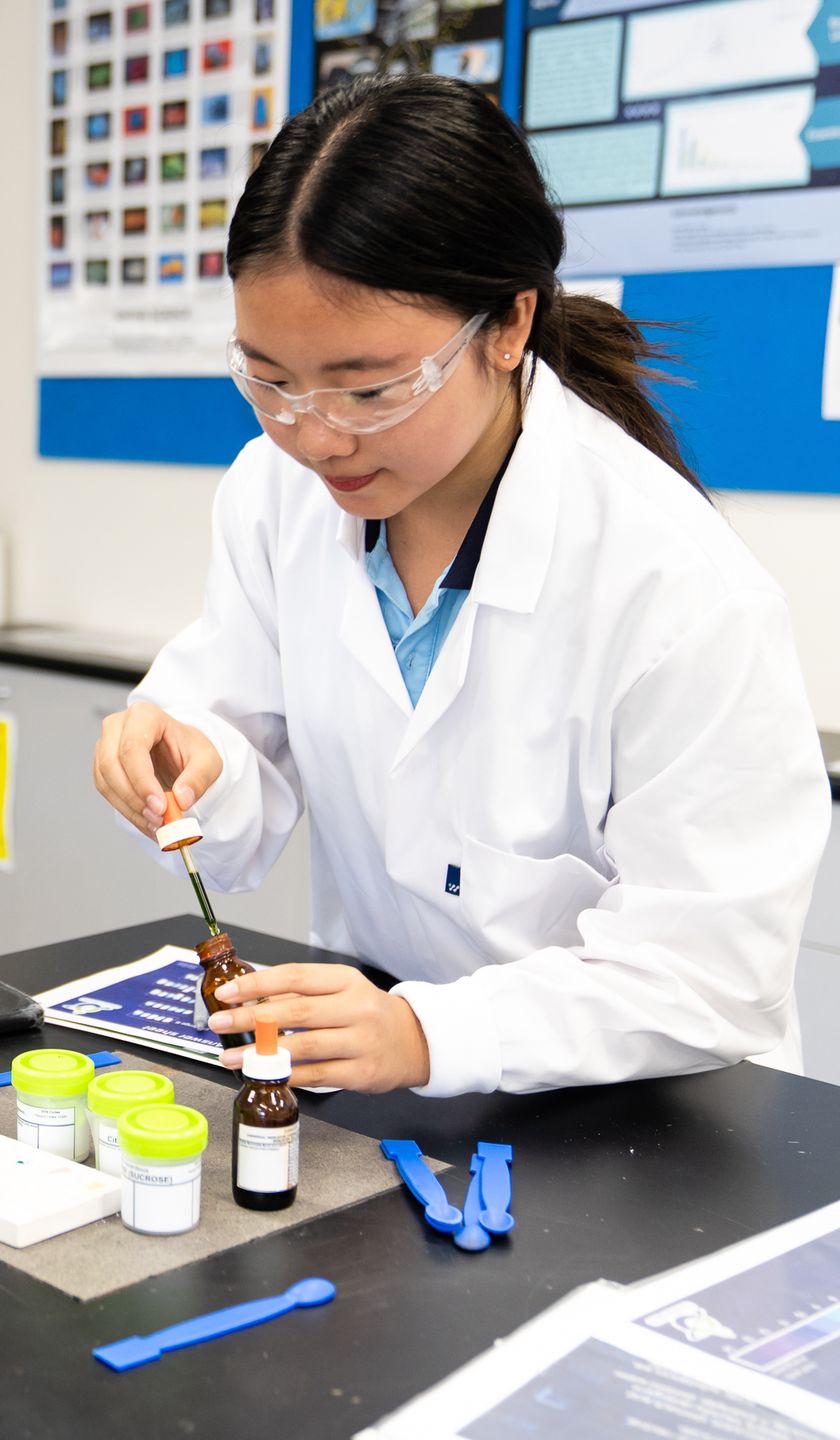






The Preliminary course investigates biophysical and human geography and develops studentsÔÇÖ knowledge and understanding about the spatial and ecological dimensions of geography. Enquiry methodologies are used to investigate the unique characteristics of our world through fieldwork, geographical skills and the study of contemporary geographical issues.
The HSC course enables students to appreciate geographical perspectives about the contemporary world. There are specific studies about biophysical and human processes, interactions and trends. Fieldwork and a variety of case studies combine with an assessment of the geographerÔÇÖs contribution to understanding our environment, and demonstrate the relevance of geographical study.
We go to the Long Reef Sand dunes in Year 11 and we visit Barangaroo and the Hunter Vallley in Year 12 for our Urban Places and Economic Activity units.
Geography is the study of places and the relationships between people and their environments. Geographers explore both the physical properties of Earth's surface and the human societies spread across it. ... Geography seeks to understand where things are found, why they are there, and how they develop and change over time.
Geography helps us understand basic physical systems that affect everyday life: How water cycles and ocean currents work are all explained with Geography. These are important systems to monitor and predict in order to help lessen the impact of disasters.
Popular careers in Geography includes academics (teacher/lecturer/professor), Researcher in organisations, Cartographers, Environmental Consultant, Urban Planner, Tourism Officer, GIS Specialist, Demographer, Hydrologist etc. The salary would differ from job to job.
Geography can help us anticipate the effects of climate change globally, the future of global trade and economics, the spread of deadly diseases, and the shaping and evolution of major landscapes.
If you have further questions, please contact:
Head of HSIE - Mr Nick Hales